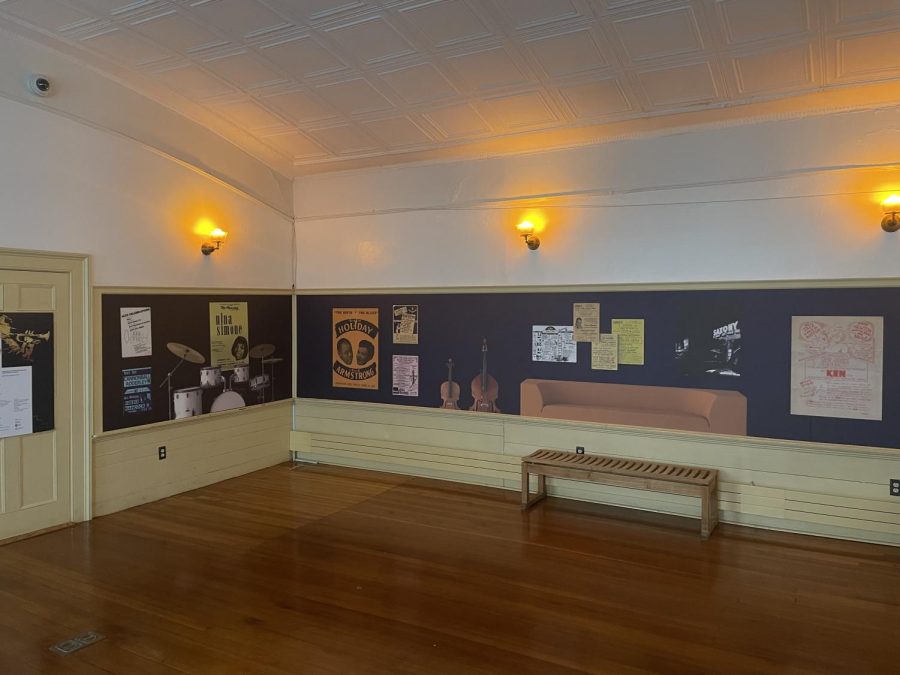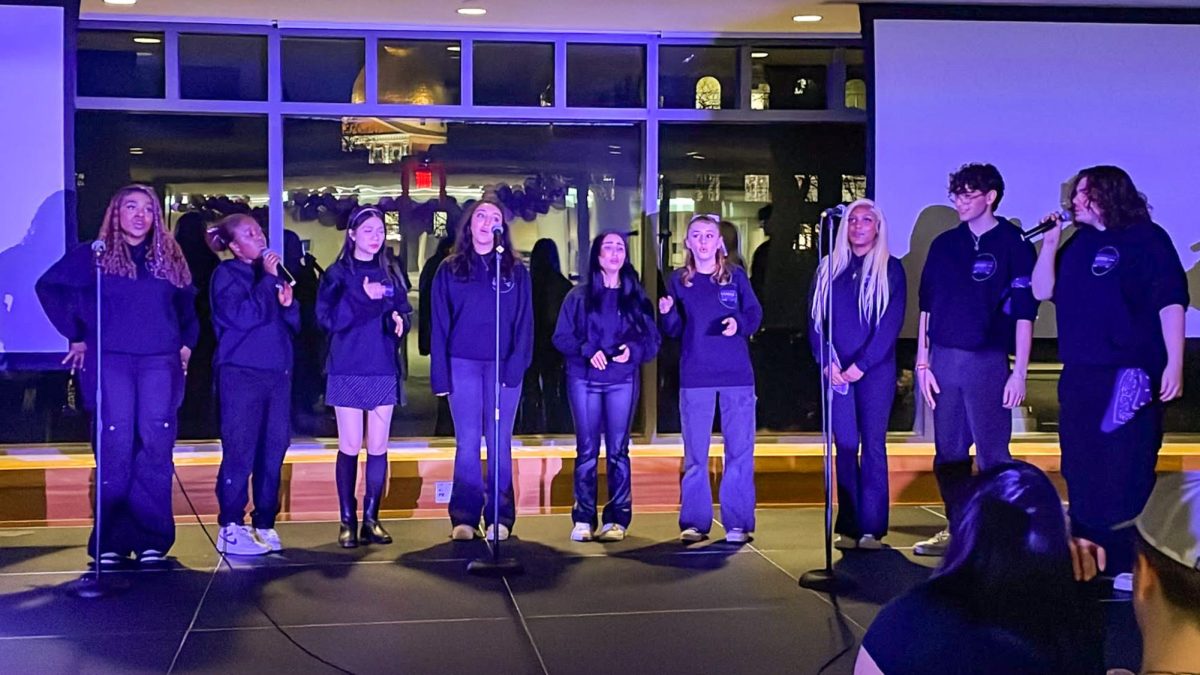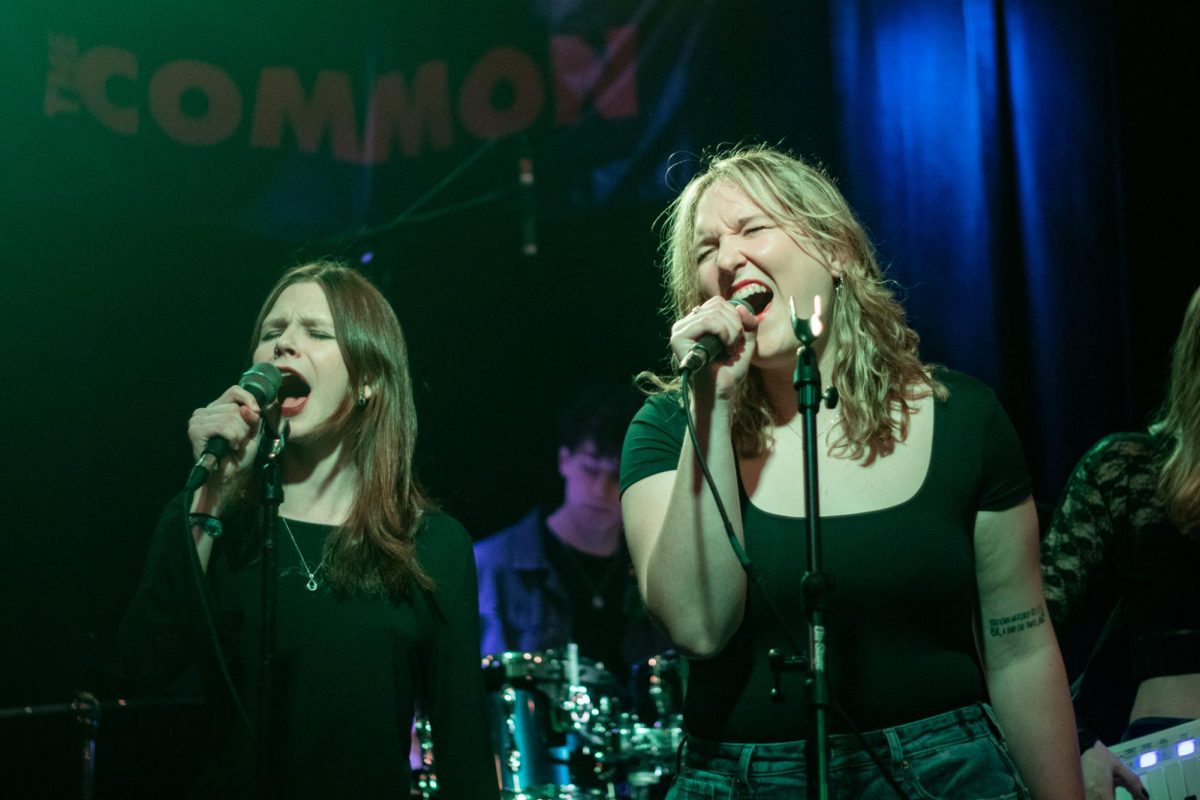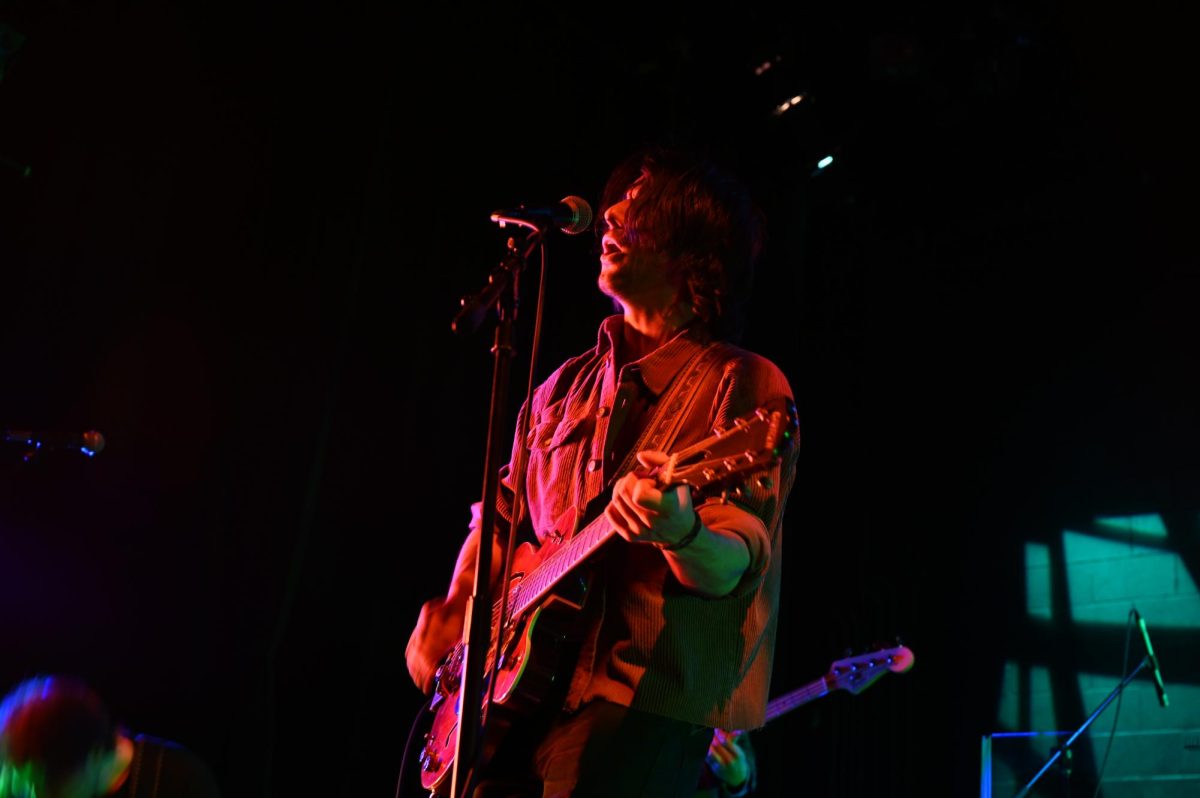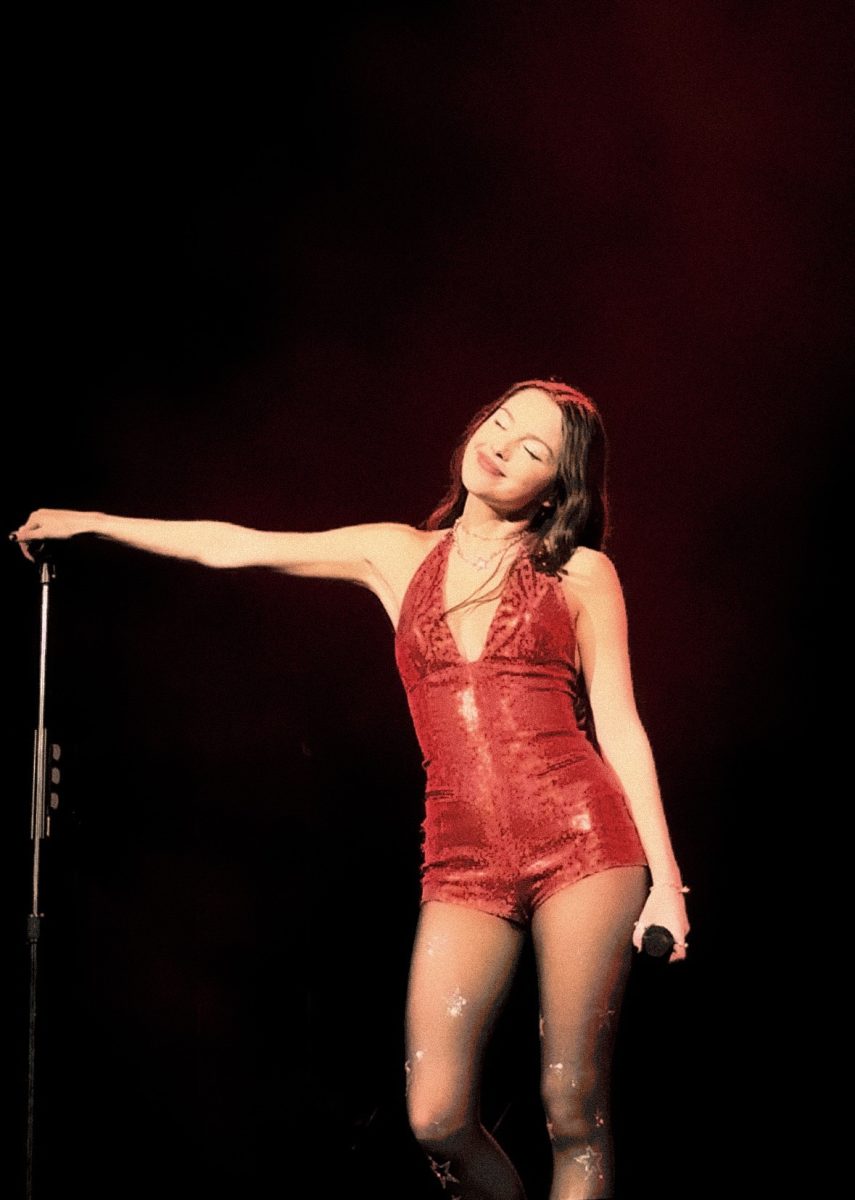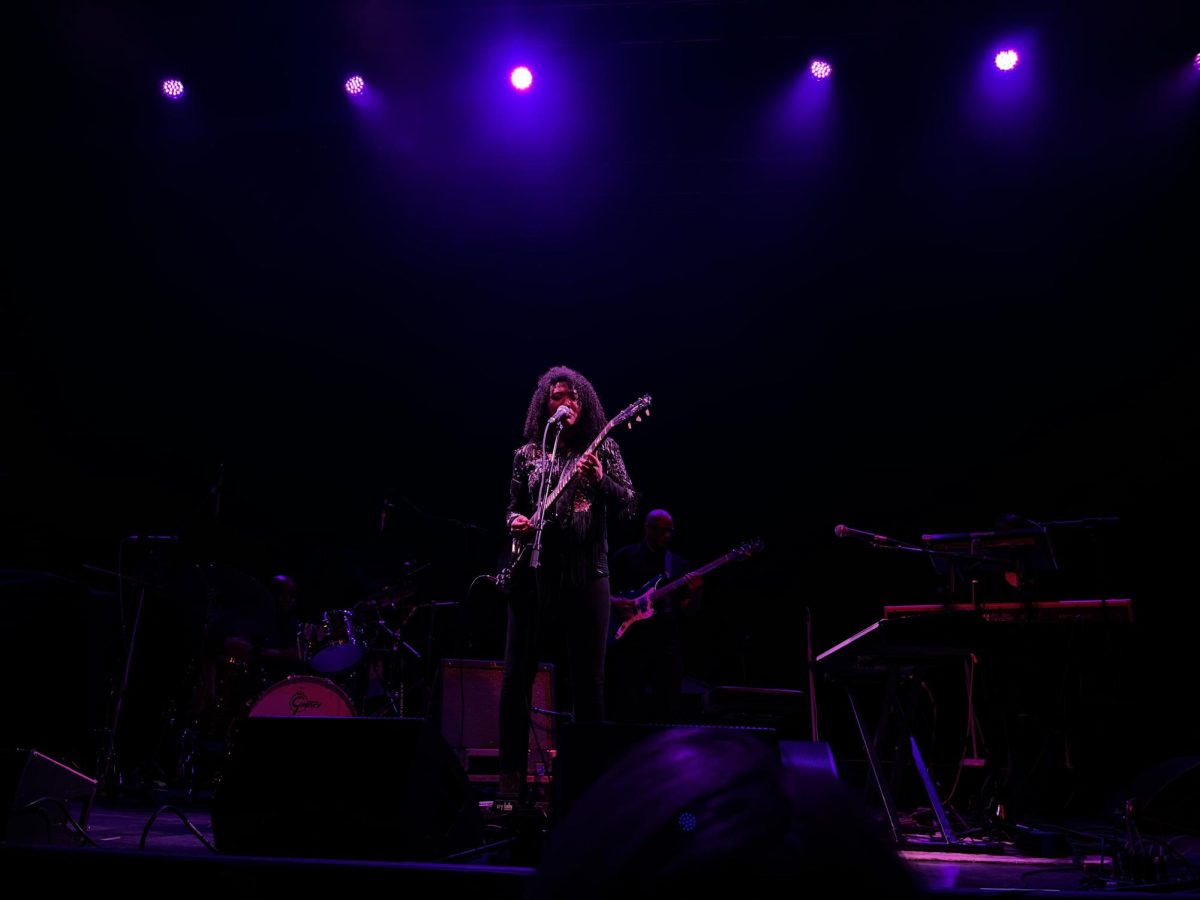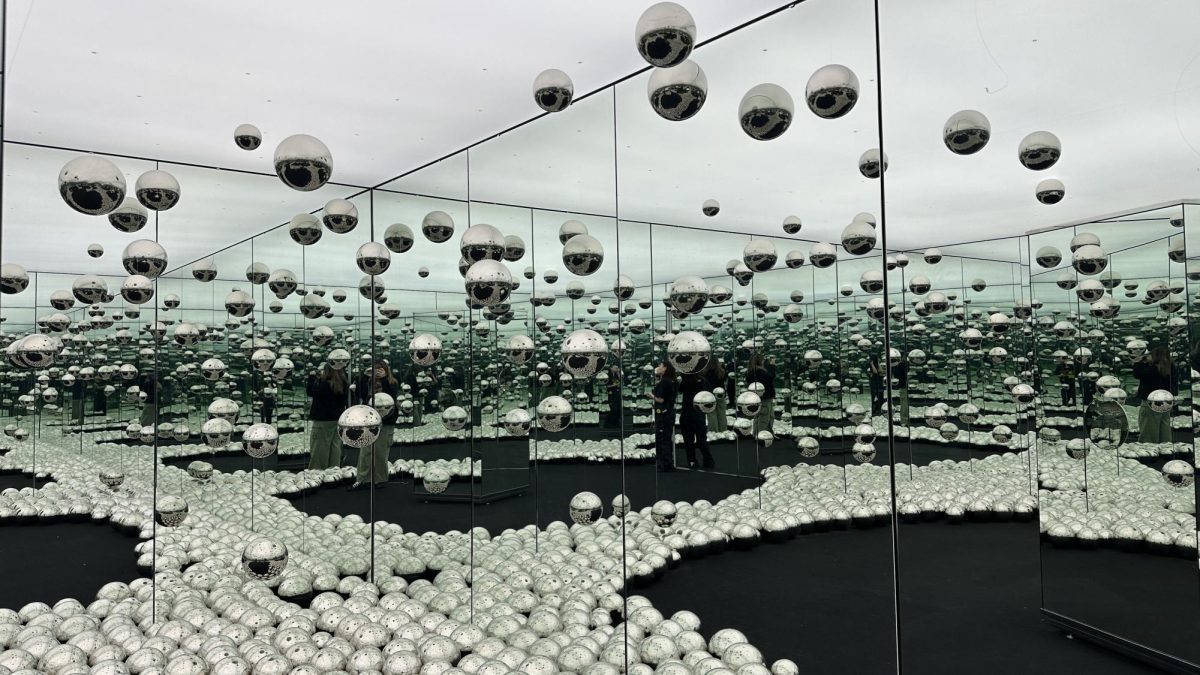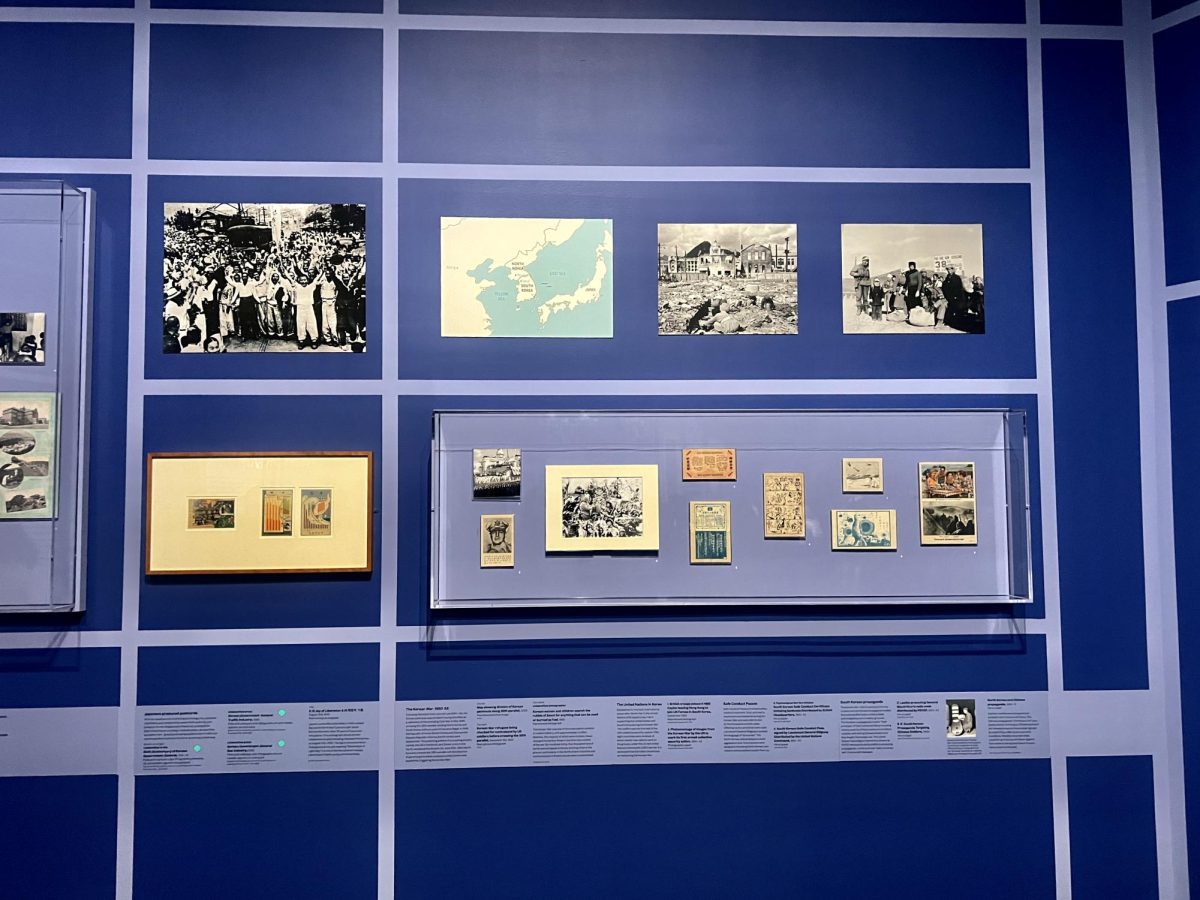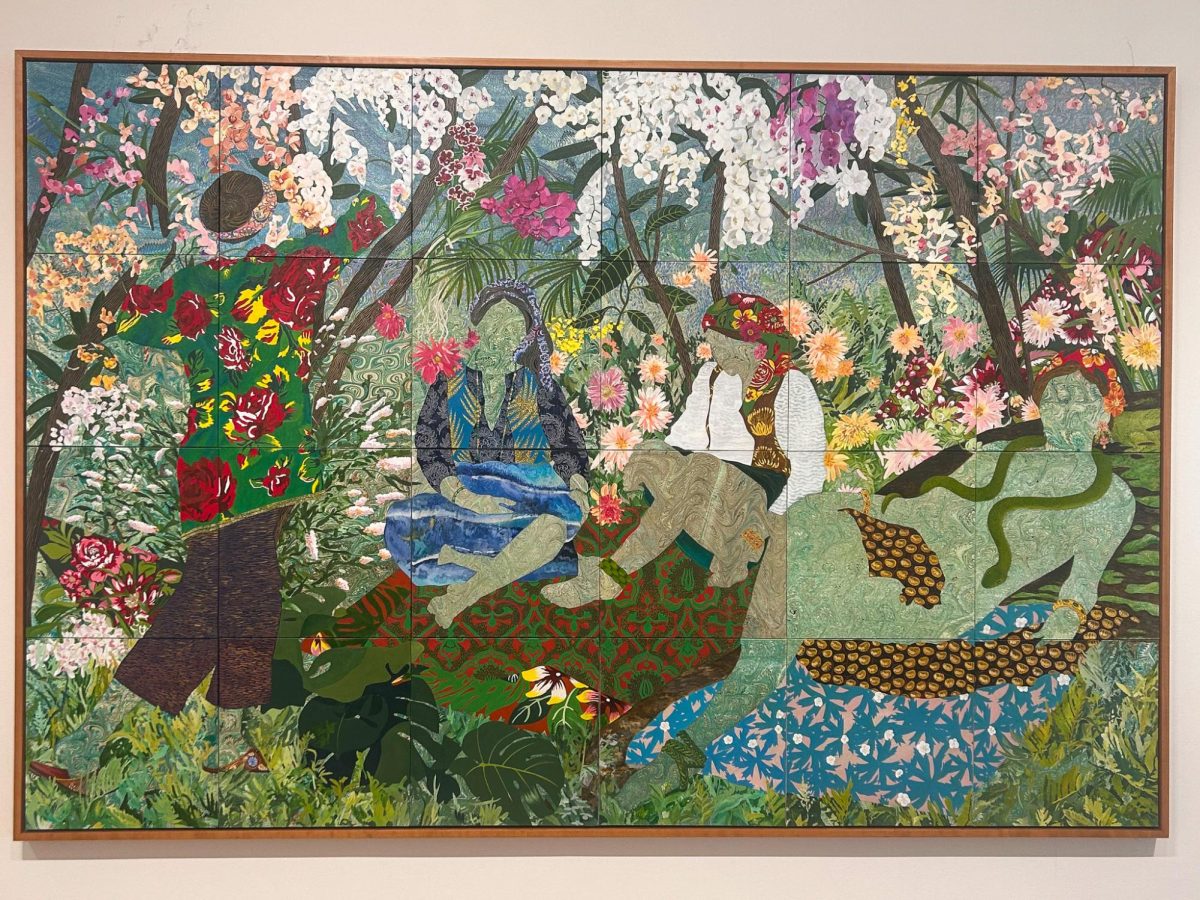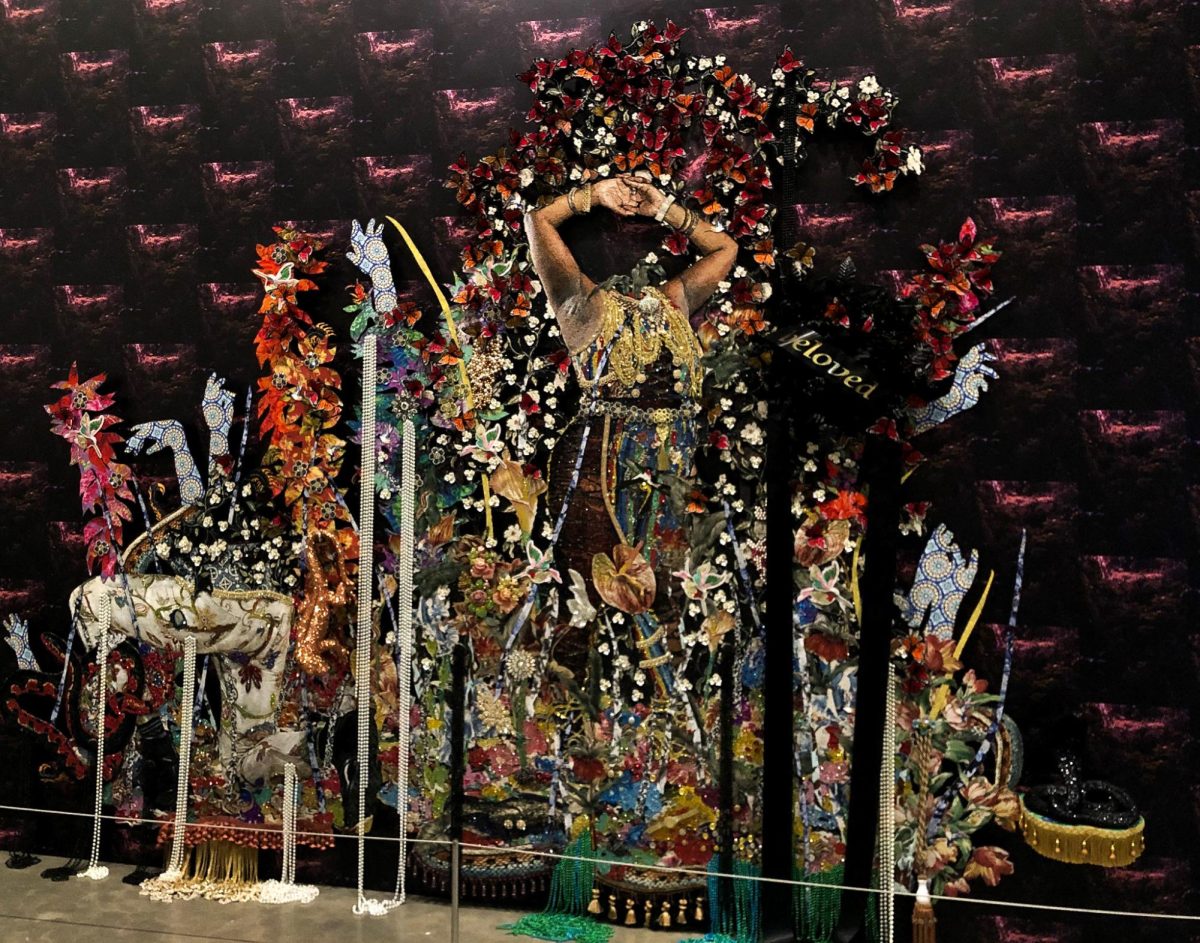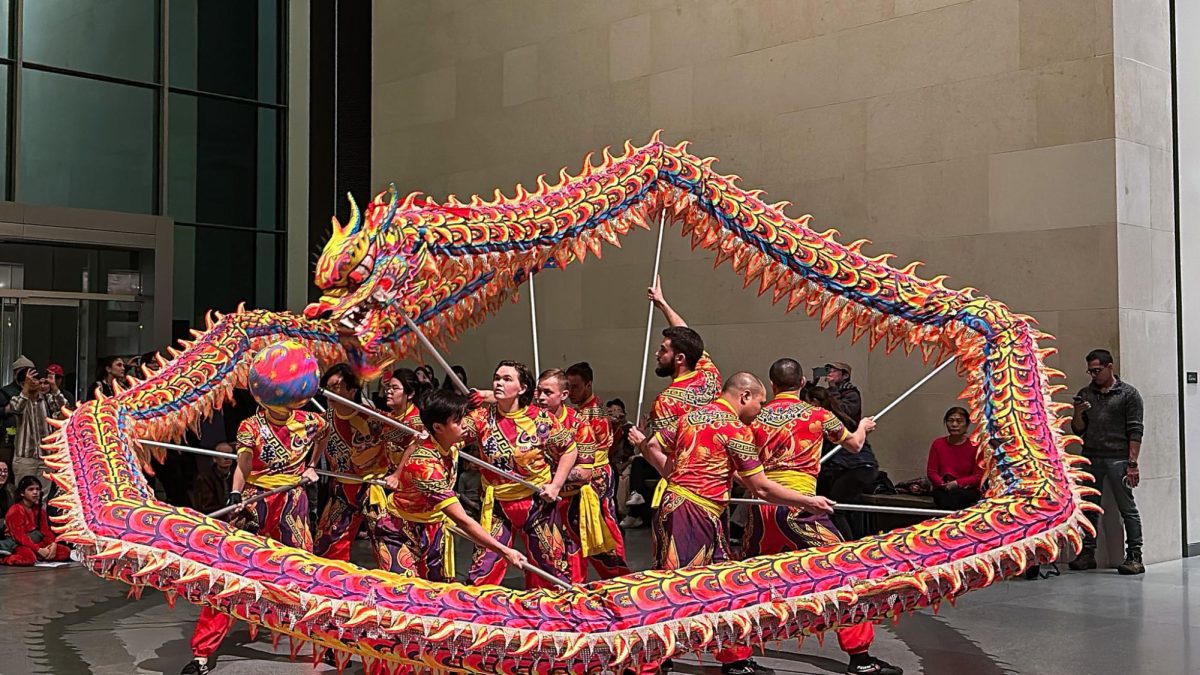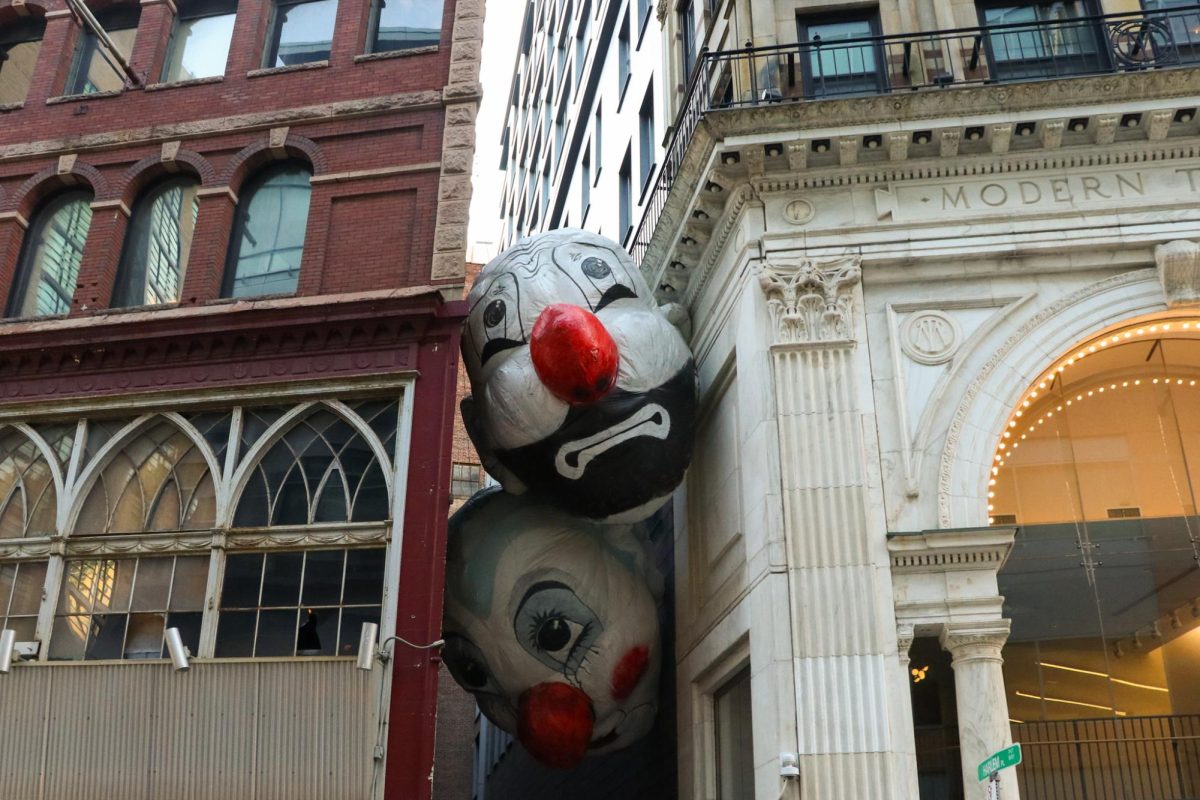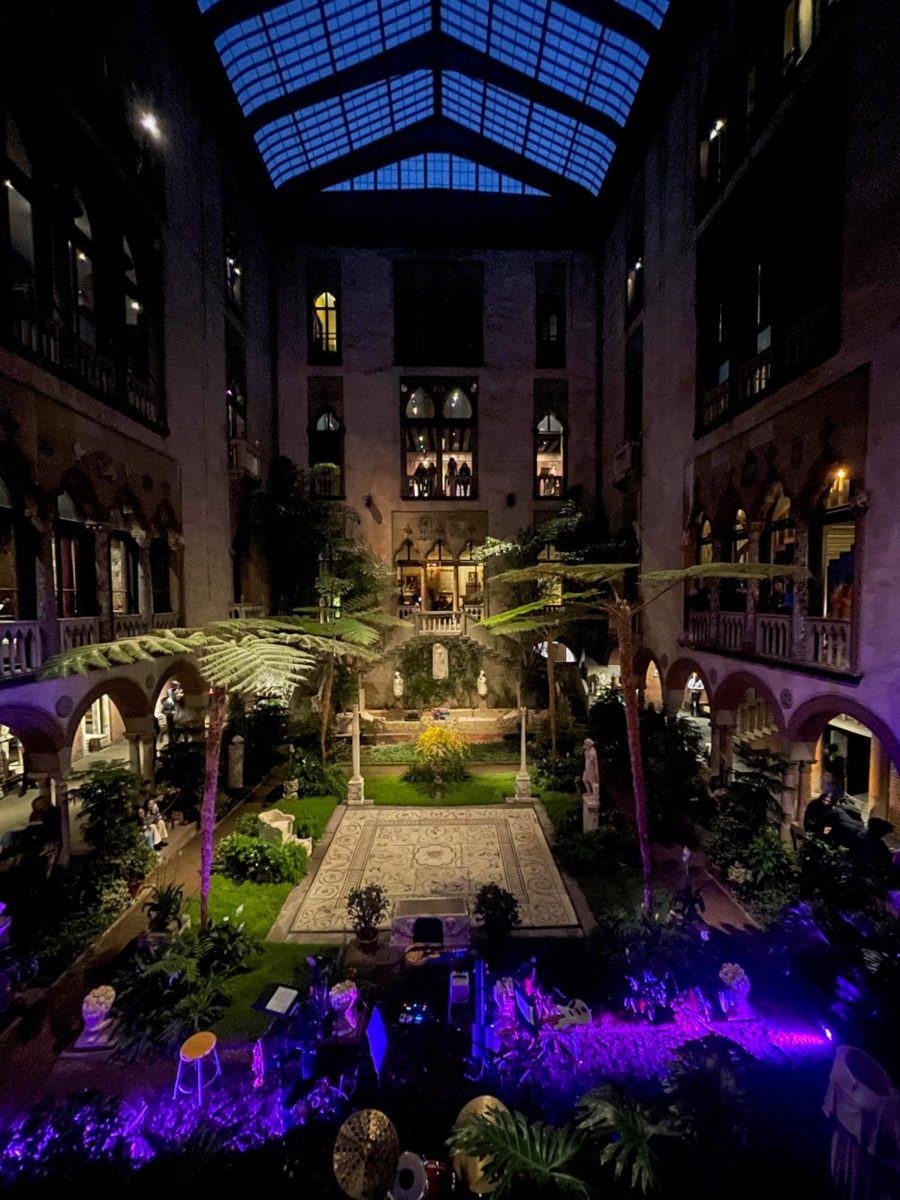Boston’s very own Museum of African American History, located in Beacon Hill, has opened a new exhibit entitled “Jazz Scene in Boston: Telling the Local Story,” a love letter to an often unsung jazz scene of Boston.
The museum, which dates back to the 1800s and contains Boston’s African Meeting House, is compact but impactful, and the long-running history of the Black community’s contributions to the city of Boston makes the history of jazz an ideal addition.
Located on the top floor of the museum’s primary building, the Abiel Smith School, the exhibit is an open room with minimal sights to look at. Yet the plastered walls, filled with old posters of jazz gigs in Boston, will immediately grab your attention.
From an advertisement for a Billie Holiday and Louis Armstrong performance at Symphony Hall in 1947 to a poster for The Ken Club, one of Boston’s earliest jazz clubs, the walls present a time-capsule for Boston’s early years in jazz history.
According to the museum’s website, the exhibit chose memorabilia from archives at Massachusetts institutions, including Berklee College of Music, W.E.B. Dubois Library at the University of Massachusetts Amherst and Salem State University.
The exhibit showcases Boston’s credibility in jazz history, and argues that the city goes overlooked when discussing the history of the genre.
“Boston was where the world first heard the explosive drumming of Tony Williams, the sultry saxophone of Johnny Hodges, the exuberant piano of Chick Corea,” reads the exhibit’s first display. “It is a city of jazz heroes unsung, and where the jazz scene has thrived for 100 years.”
The exhibit leaves viewers wanting more, for the few panels displayed are merely brief summaries of the city’s musical history and the rather small space makes it difficult for the museum to offer much archival memorabilia.
“The stories here in ‘Jazz Scene In Boston’ do not attempt to tell that entire hundred-year history,” states the introductory panel. “View it instead as a series of snapshots of the people, places, and events of Boston jazz from the 1940s to the 1980s.”
With that in mind, the exhibit successfully provides those “snapshots” of Boston’s history in the genre, expressing that jazz is much more than a genre of music.
Imprinted on the back wall of the exhibit reads a quote from Martin Luther King Jr.: “When life itself offers no order and meaning, the musician creates an order and meaning from the sounds of the earth which flow through his instrument.”
The Museum of African American History’s new exhibit is a testament to jazz, not only as a form of entertainment but as a movement that influenced both Boston and the world as we know it.
While the museum’s information shows no scheduled end date for the exhibit, this showcase of the rich local history of jazz is an essential addition to a museum dedicated to both Black history and influence in Boston.
More info about the MAAH and the jazz exhibit can be found here.


